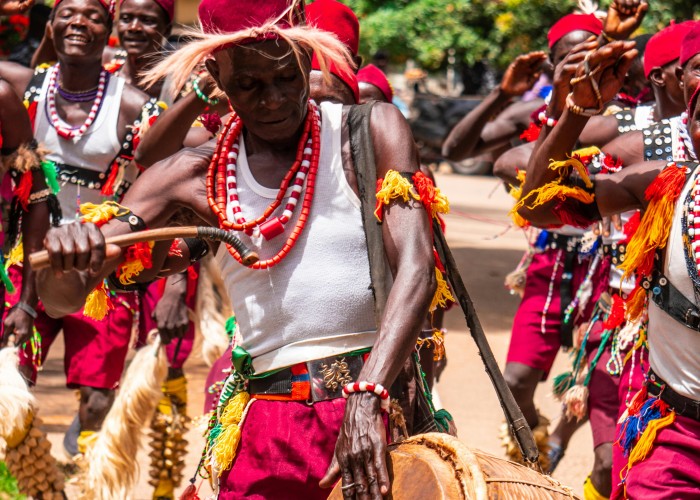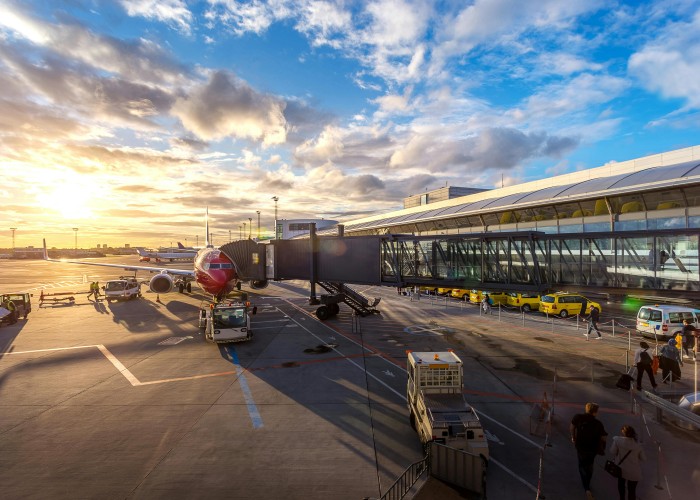The North East India Tribal Culture Tour is a fascinating journey through one of India’s most diverse and culturally rich regions. Spread across states like Nagaland, Arunachal Pradesh, Meghalaya, Mizoram, Assam, Manipur, and Tripura, this tour allows travelers to experience the traditions, lifestyle, and festivals of more than 200 distinct tribes. North East India Tribal Culture Tour, Tour .
What makes this region special is its blend of ancient traditions and natural beauty. From bamboo huts in remote villages to vibrant festivals like the Hornbill Festival in Nagaland and the Wangala Festival in Meghalaya, every experience offers a deeper look into the living heritage of tribal communities.
The trek aspect of this journey takes travelers through mountains, valleys, and forests, often accompanied by tribal guides who share local folklore and customs. This unique combination of cultural immersion and adventure makes the North East Tribal Tour one of the most authentic experiences in India.
Best Time to Visit
The best time to plan this cultural tour is:
- October to April: Clear skies, pleasant weather, and active festival season.
- November to December: Major tribal festivals like Hornbill (Nagaland) and Sangai (Manipur) take place.
- Monsoon (June to September): Lush greenery, but heavy rains may disrupt travel.
For culture and trekking, winter and spring months are most recommended.
How to Reach
North East India is well-connected but requires some planning due to its remote location.
- By Air: Guwahati in Assam is the main gateway. Other airports include Dimapur (Nagaland), Imphal (Manipur), Aizawl (Mizoram), and Shillong (Meghalaya).
- By Train: Guwahati is the largest railway hub connecting the North East to the rest of India. From here, local trains connect to towns like Dimapur and New Bongaigaon.
- By Road: State-run and private buses, shared jeeps, and taxis connect most tribal regions. Roads can be winding and hilly, so travel times may be longer. North East India Tribal Culture Tour, Tour .
Entry Fees and Permits
Travel in the North East often requires permits, especially for international visitors.
- Inner Line Permit (ILP): Required for states like Arunachal Pradesh, Nagaland, and Mizoram.
- Protected Area Permit (PAP): Required for certain border areas, mainly for foreign travelers.
- Entry Fees: Tribal festivals may have nominal entry charges (approx. ₹50–₹200). Museums or cultural centers may also charge small fees.
Permits are subject to change, so check current requirements before travel.
Food Availability and Meal Options
Food is a big part of the tribal experience. Local meals vary by state but usually include rice, meat, fish, bamboo shoots, and fresh vegetables.
- Nagaland: Smoked pork, bamboo shoot curry, and sticky rice.
- Meghalaya: Jadoh (red rice with meat), pukhlein (rice flour bread), and tungrymbai (fermented soybeans).
- Mizoram: Bai (vegetable stew with meat) and boiled dishes with little oil.
- Arunachal Pradesh: Thukpa (noodle soup), momos, and dishes with yak meat.
Vegetarian meals are available but may be limited in remote villages. Tea and rice beer are common in tribal gatherings.
Packing List and Essentials
When preparing for a cultural trek, pack light but keep essentials handy:
- Comfortable trekking shoes.
- Light woolens for winter and breathable clothes for daytime.
- Raincoat or umbrella if visiting during monsoon.
- Power bank, as electricity can be limited in villages.
- Reusable water bottle.
- First-aid kit and personal medicines.
- Modest clothing, respecting tribal customs.
- Torch or headlamp for rural homestays.
Safety Tips and Local Regulations
- Respect photography rules; always ask before clicking pictures of people.
- Avoid wandering into restricted border areas without permits.
- Stick to local guides when trekking or exploring remote villages.
- Roads can be rough and long, so keep snacks and water handy.
- Carry cash, as ATMs may not be available in remote regions.
Tips for Beginners or First-Time Visitors
- Start with guided cultural tours if new to tribal treks.
- Learn a few local greetings; it creates a friendly connection.
- Be prepared for basic accommodations in rural areas.
- Travel slow—villages are best enjoyed at a relaxed pace.
- Participate in local dances, songs, and community meals for a richer experience.
Local Customs and Cultural Etiquette
The North East tribes are warm and welcoming, but respecting traditions is important:
- Remove shoes before entering homes or sacred spaces.
- Do not interrupt rituals or ceremonies.
- Dress modestly, especially during festivals and religious events.
- Always greet elders respectfully.
- Alcohol may be offered; politely decline if you do not consume it. North East India Tribal Culture Tour, Tour .
Frequently Asked Questions (FAQs)
1. How long does the North East India Tribal Culture Tour take?
A comprehensive tour takes 10 to 14 days, depending on how many states and festivals you include.
2. Is the tour physically difficult?
Moderate. Some treks involve hilly terrain, but most cultural visits are accessible by road.
3. What is the altitude of the trekking regions?
Altitudes range from 300m in Assam valleys to over 3,000m in Arunachal Pradesh.
4. Are restroom facilities available during the trek?
In towns and villages, yes. Remote trekking trails may have basic or no facilities.
5. Do foreigners need special permits?
Yes. Inner Line Permit (ILP) or Protected Area Permit (PAP) is mandatory in several states. North East India Tribal Culture Tour, Tour .
6. What festivals can I attend during the tour?
- Hornbill Festival (Nagaland)
- Wangala Festival (Meghalaya)
- Sangai Festival (Manipur)
- Losar (Arunachal Pradesh)
7. What languages are spoken?
English and Hindi are understood in towns, but tribes speak their own languages.
8. Is North East India safe for travelers?
Yes, it is generally safe, but always travel with local guides and avoid restricted areas.
9. Can vegetarians find food easily?
Yes, though tribal diets are meat-heavy, rice and vegetable dishes are widely available.
10. Are homestays available in tribal villages?
Yes, many tribes offer homestays, providing authentic cultural experiences.
Final Thoughts
The North East India Tribal Culture Tour is not just about exploring remote villages—it’s about connecting with communities that have preserved their traditions for centuries. Whether it’s joining locals in a harvest festival, tasting bamboo shoot delicacies, or trekking through misty mountains, every moment of this journey is deeply enriching. North East India Tribal Culture Tour, Tour .






Leave a Reply